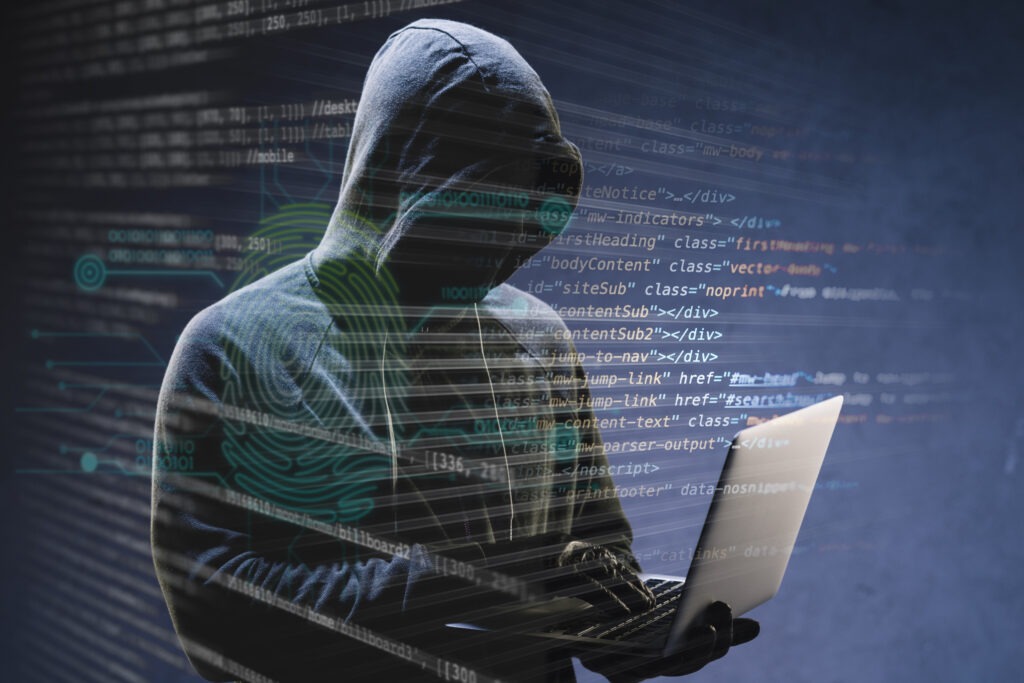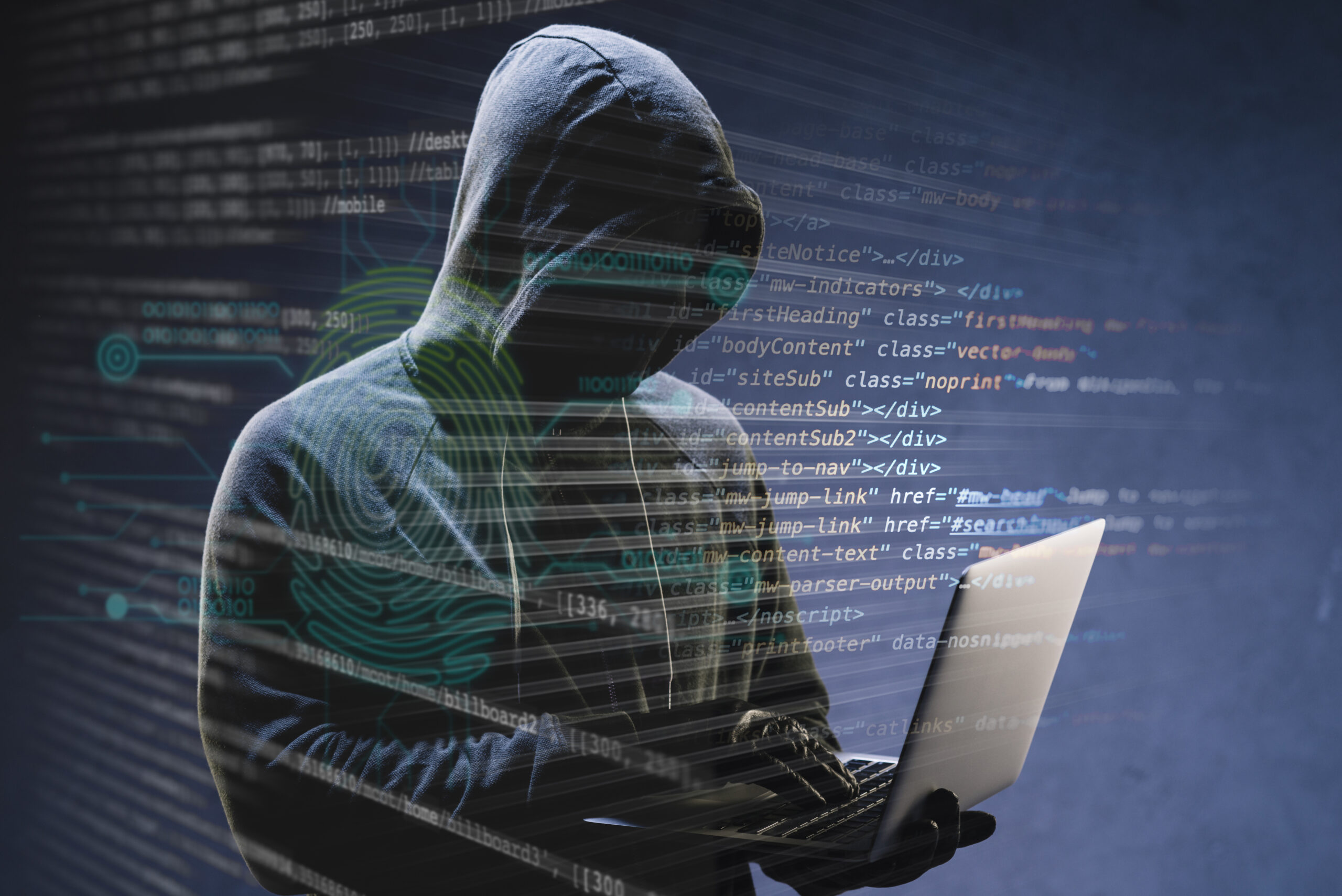
The holiday season can be a busy time for small businesses. With the increase in business activity and transactions also comes an increase in potential cybersecurity threats. This is why it’s so important to pay extra close attention to protecting your, and your customer’s, data during this period.
Here are some tips to consider to help keep your business secure.
Comprehensive Employee Training
One of the first, and most important, steps in effective cybersecurity is making sure your employees are all up to speed. Conduct thorough cybersecurity training sessions for everyone in your business. Educate them about various cyber threats such as phishing emails, ransomware, and social engineering tactics that are prevalent during the holidays. Train them to recognize suspicious emails, attachments, and links. Encourage a cautious approach, emphasizing the importance of verifying the authenticity of senders before clicking on any links or downloading attachments. Provide examples of common holiday-themed scams and teach employees how to respond appropriately. If everyone in your organization is aware of common cybersecurity issues, then you’ll have far better chances of keeping your data safe.
Robust Password and Account Security
You can’t avoid attempted cybersecurity attacks, but you can do everything in your power to keep your data safe. This starts with proper password management and account security.
Emphasize the use of strong, unique passwords for all business-related accounts and systems. You could use password generators to create these for you. Always try to implement multi-factor authentication (MFA) wherever possible, as it gives you an added layer of security for anyone trying to access your accounts. It’s a good idea to use a password manager to securely store and manage passwords, reducing the risk of weak or reused passwords. This helps you apply complicated, advanced passwords that won’t be forgotten or lost. Regularly update your passwords and access credentials, especially for critical accounts and privileged users. You might want to do a fresh password update before the holiday season to ensure you’re well-protected.
Regular Software Updates and Patch Management
Keeping your software and systems up to date is always important for cybersecurity. Maintain a strict policy of updating all software, including operating systems, antivirus programs, firewalls, and applications. Doing this helps you address any vulnerabilities and security patches. Automate software updates where possible to ensure security patches are applied on time. This also reduces exposure to known vulnerabilities. Ideally, you’ll want to have one person in your business who’s in charge of making sure all software and systems are up-to-date. If multiple people manage this, updating systems could be easily forgotten or overlooked.
Secure Payment Processing
When it comes to cybersecurity, one of the most important areas to protect is payment processing. If your business handles online transactions, make sure you use secure payment gateways with encryption protocols to protect customer payment information. Any reputable payment processing platform should offer this. Conduct regular security assessments and audits on your payment systems to identify and address potential vulnerabilities. If any security threats exist in your payment processing, then you’ve got a problem that needs to be addressed straight away.
Data Backup and Recovery Planning
In case there is a cybersecurity attack, you’ll need to make sure you can get all of your data back up and running straight away. This is why regular and secure backups are so important. Implement a robust data backup strategy to regularly and securely back up all critical business data. Store backups in an offsite location or on a separate network to prevent data loss in case of a cyber incident. Develop a comprehensive data recovery plan outlining steps to restore data quickly and efficiently in the event of a cyber-attack or data breach.
Network Security Measures
Needless to say, you need to have the right network protection in place. Employ strong network security measures such as firewalls, intrusion detection systems (IDS), and virtual private networks (VPNs) to protect your network from unauthorized access and potential cyber threats. Regularly monitor network traffic and logs for any unusual activities or signs of potential breaches, and promptly investigate and address any identified issues.
Keeping your business safe from cybersecurity threats should always be a top priority – especially during the busy holiday period. Luckily, having good cybersecurity measures in place is relatively easy. Just remember regular updates, use trusted security software, and keep a close eye on your passwords. As long as you’re aware of cybersecurity threats and actively try to prevent them, your business should be secure for the holiday period.







